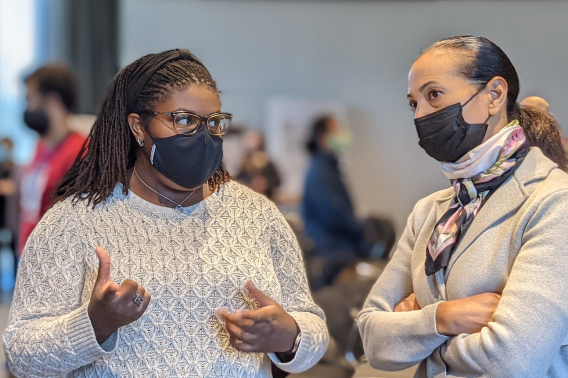Stanford researchers launch free VR app preparing kids for MRI scans
Stanford University researchers have released a groundbreaking virtual reality (VR) application designed to help children prepare for MRI scans. The app, now available for free on the Oculus store, aims to reduce anxiety, improve scan quality, and educate young patients about the MRI experience.
MRI scans are heavily used in medical imaging — for example to diagnosing tumors or neurological abnormalities — as well as in biomedical research to study brain anatomy, connectivity, and cognitive function. But sliding into the claustrophobic plastic tube of a scanner and holding absolutely still for 20 minutes to an hour while the machine clanks and buzzes loudly can be challenging — especially for young children, who sometimes require sedatives to help them keep still during imaging.
Developed collaboratively by the Visualization Laboratory at Stanford’s Wu Tsai Neurosciences Institute and the Incubator for Medical Mixed and Extended Reality at Stanford Medicine (IMMERS), this innovative app combines education with entertainment to create an engaging and effective preparation tool for pediatric patients.
"We are excited to make our VR MRI simulator freely available to hospitals and families worldwide," says Christoph Leuze, former director of the Visualization Laboratory and now Executive Director of the Stanford Medical Mixed Reality Center (SMMR) at Stanford Medicine. "This app gives children the opportunity to experience what awaits them in an MRI beforehand, making the actual procedure less intimidating and potentially reducing the need for sedation. An important design decision was to make the experience not just educational but also fun, so that the kids want to try and engage with the app."
The app features multiple experiences, including:
- A 360-degree video showing a detailed walk-through of an MRI scan at Lucile Packard Children’s Hospital Stanford (which can be swapped out for footage from other hospitals)
- An interactive virtual MRI scan with kid-friendly explanations of the procedure
- A practice game to train children to remain still during scans
- Breathing exercises for relaxation
"We've designed the app to be both educational and engaging," explains Johnny (Yue) Yang, a research assistant and visiting scholar with the Visualization Lab. "It includes an explanation of how an MRI works and incorporates colorful, interactive elements throughout the experience."
Part of the simulation can be performed while lying down, closely mimicking the actual MRI experience. By enabling the Oculus headset's passthrough video capability during that process, users can safely navigate to their most comfortable position in bed. Hospitals could provide headsets for patients to use onsite, the researchers say, or loan them to patients to practice from the comfort of their own beds.
Watch the trailer below:




